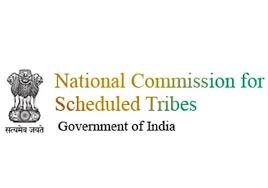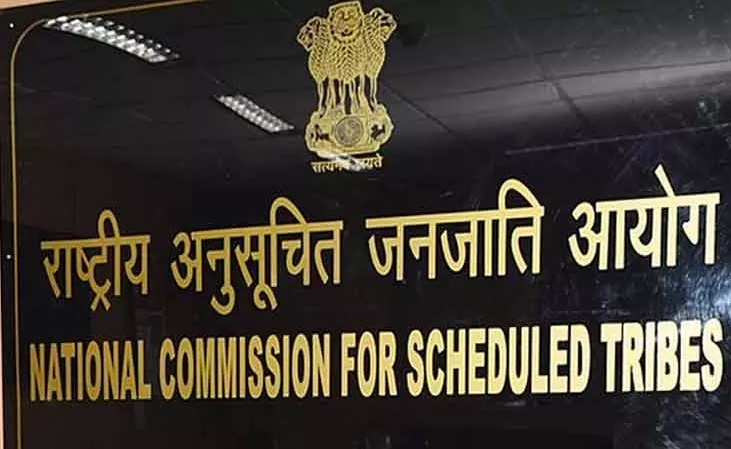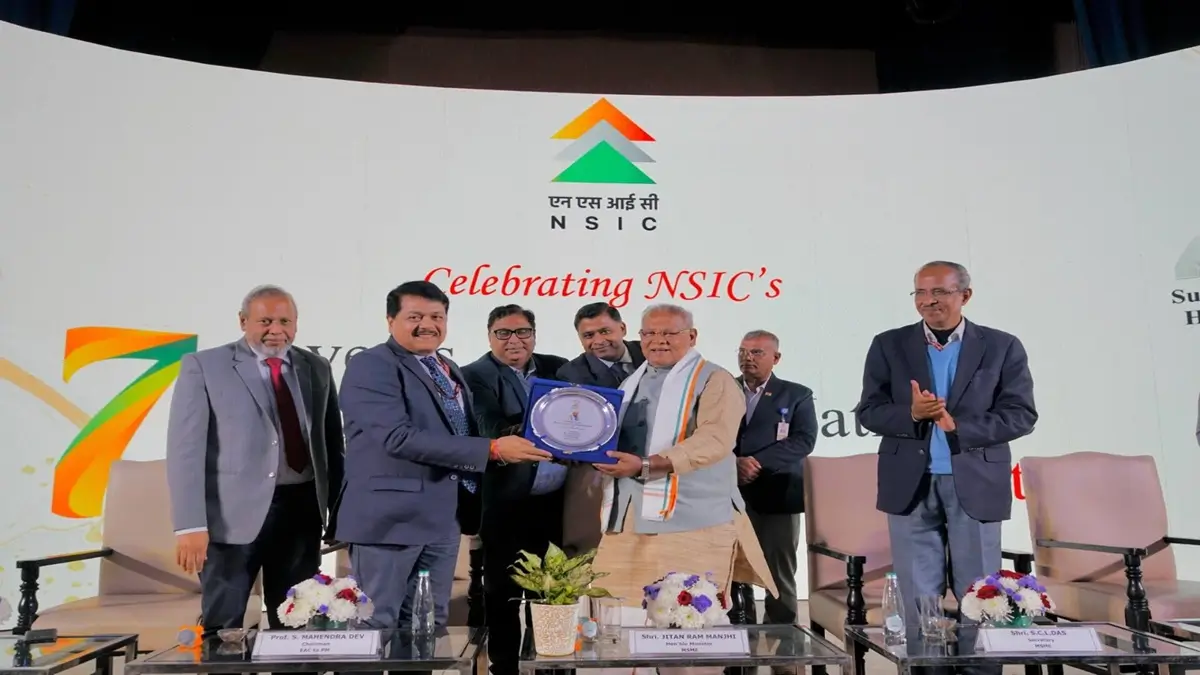Celebrating 22 Years of Empowerment: National Commission for Scheduled Tribes (NCST)
The National Commission for Scheduled Tribes (NCST) marks 22 years of its establishment, signifying over two decades of commitment to the rights and welfare of Scheduled Tribes in India. NCST plays a vital role in advising the government on policies concerning tribal welfare and ensuring constitutional safeguards for tribal communities.
Establishment and Role of NCST
The NCST was established through the 89th Constitutional Amendment Act of 2003, bifurcating the erstwhile National Commission for Scheduled Castes and Scheduled Tribes into two separate entities. The primary function of NCST is to safeguard the interests of Scheduled Tribes and ensure their inclusion in mainstream development.
Functions and Responsibilities
The commission is responsible for investigating complaints related to the deprivation of rights and safeguards of Scheduled Tribes. It also provides reports to the President of India on the implementation of constitutional provisions and various welfare measures for tribal communities.
Achievements of NCST
Over the past 22 years, NCST has actively worked towards addressing tribal land disputes, ensuring proper implementation of the Forest Rights Act, and recommending policy changes for tribal welfare. The commission has also played a crucial role in advocating for the preservation of tribal cultures and traditions.
Challenges Faced by NCST
Despite its efforts, the NCST faces several challenges, including inadequate funding, administrative delays, and limited authority to enforce its recommendations. There is a need for greater government support and enhanced powers to make its directives more effective.

Why This News is Important?
Recognition of Tribal Rights
NCST’s 22-year journey highlights India’s commitment to recognizing and protecting the rights of Scheduled Tribes. The commission plays a pivotal role in ensuring that the constitutional provisions related to tribal welfare are effectively implemented.
Policy Recommendations and Reforms
The work of NCST has led to significant policy recommendations that shape government programs for tribal welfare. Strengthening NCST’s authority can further enhance the impact of these policies.
Socio-Economic Development of Tribes
Tribal communities often face socio-economic disadvantages. The continued efforts of NCST help bridge the development gap through focused welfare programs, educational opportunities, and employment initiatives.
Historical Context
Evolution of Tribal Rights in India
The Indian Constitution provides special provisions for Scheduled Tribes under Articles 330, 332, and 335, ensuring political representation and job reservations. Over the decades, various commissions and committees have been formed to safeguard their interests.
Formation of NCST
Prior to the formation of NCST in 2004, the welfare of Scheduled Tribes was overseen by a joint commission with Scheduled Castes. The need for a dedicated body led to the constitutional amendment that established NCST as a separate entity.
Impact of NCST on Tribal Development
Since its establishment, NCST has made significant contributions, including recommending amendments to tribal laws, ensuring proper implementation of welfare schemes, and addressing grievances related to land rights and forest laws.
Key Takeaways from NCST’s 22 Years of Empowerment
| S. No. | Key Takeaway |
|---|---|
| 1 | NCST was established in 2004 through the 89th Constitutional Amendment Act. |
| 2 | The commission ensures the implementation of constitutional safeguards for Scheduled Tribes. |
| 3 | NCST plays a role in addressing tribal grievances and policy recommendations for their welfare. |
| 4 | Despite its achievements, NCST faces challenges such as limited authority and funding constraints. |
| 5 | Strengthening NCST can further enhance tribal development and empowerment. |
Important FAQs for Students from this News
Q1: When was NCST established?
A: The National Commission for Scheduled Tribes (NCST) was established in 2004 after the 89th Constitutional Amendment Act of 2003.
Q2: What is the main function of NCST?
A: The primary function of NCST is to safeguard the rights of Scheduled Tribes, investigate grievances, and provide policy recommendations for tribal welfare.
Q3: What are the key challenges faced by NCST?
A: NCST faces challenges such as inadequate funding, lack of enforcement authority, and administrative delays in implementing its recommendations.
Q4: How does NCST contribute to tribal welfare?
A: NCST plays a crucial role in addressing tribal grievances, protecting land rights, ensuring educational opportunities, and recommending welfare policies.
Q5: What constitutional provisions support the rights of Scheduled Tribes?
A: Articles 330, 332, and 335 of the Indian Constitution provide political representation and job reservations for Scheduled Tribes.
Some Important Current Affairs Links

















